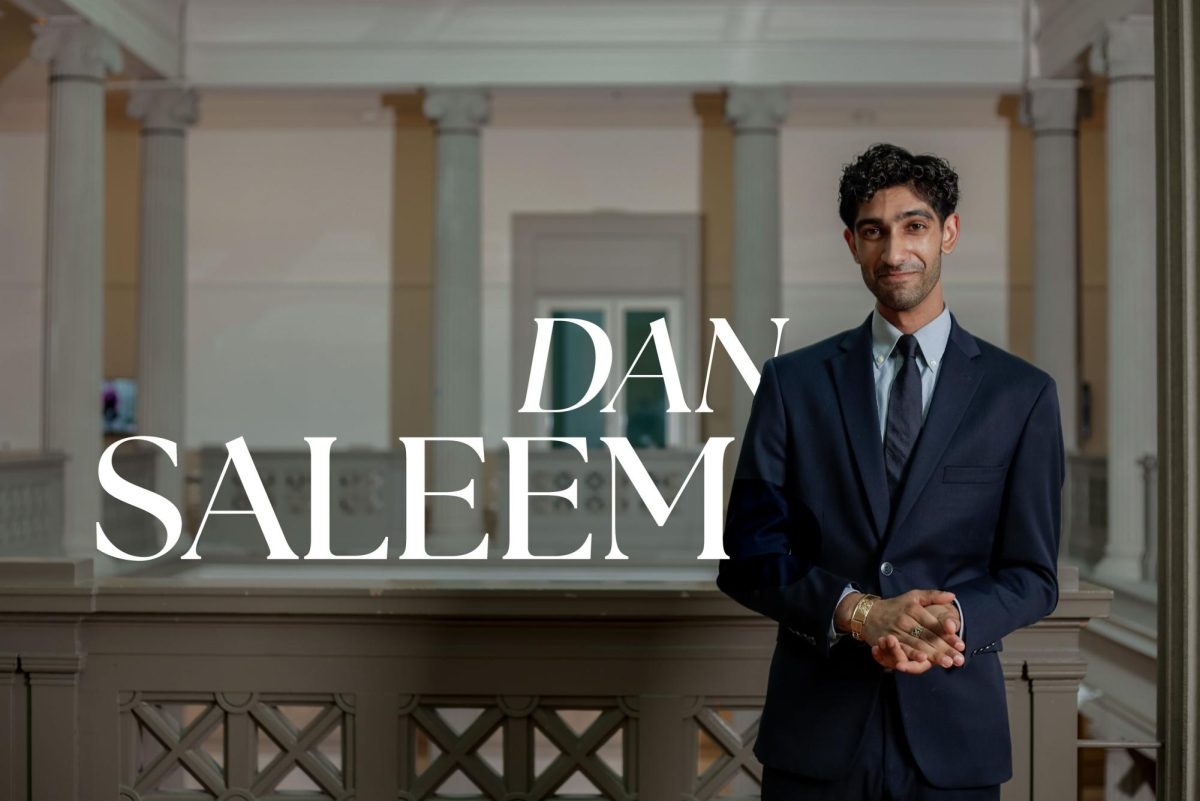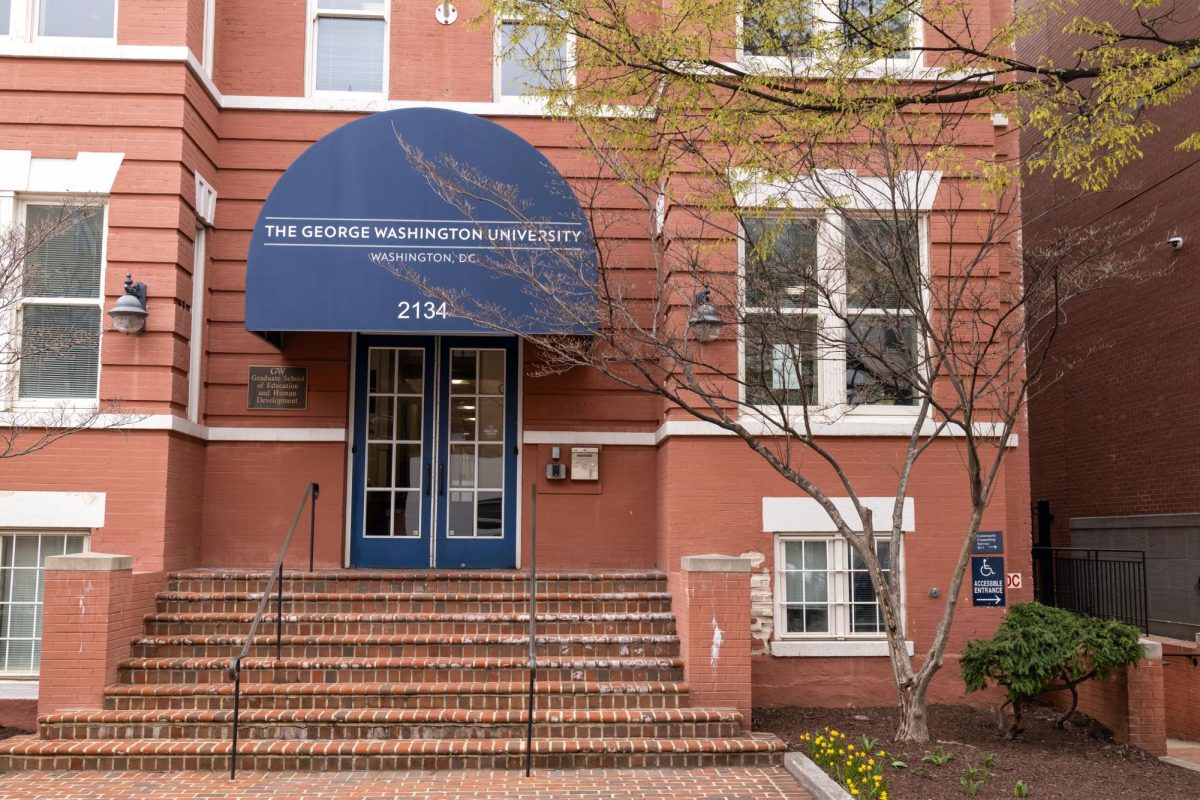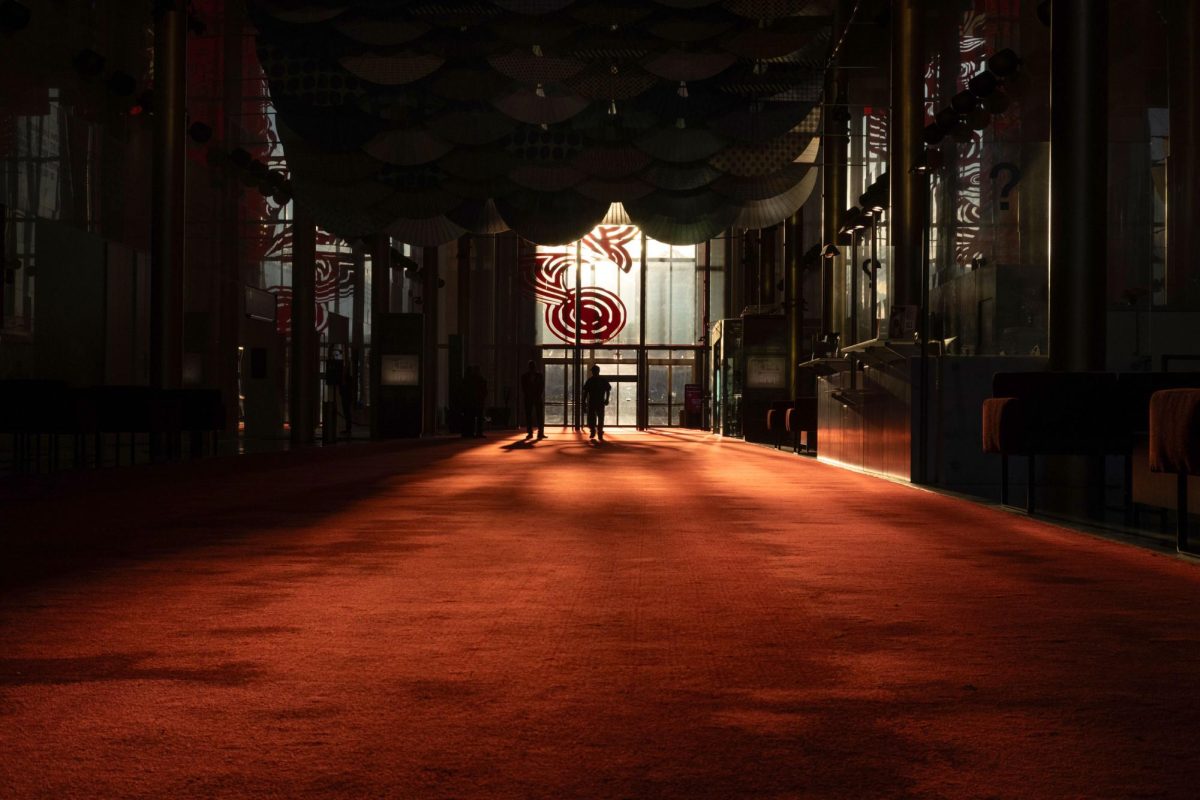Five times a day devout Muslims pray on their knees facing Mecca, the holiest place in the Islamic faith. But once in their lifetime, each Muslim is expected to make a Hajj, a pilgrimage to the Kabah. GW’s Muslim Students Association organized a seminar to discuss the significance of the Hajj Tuesday night in the Marvin Center.
The Kabah is a magnificent cubic stone covered in black tissue, which towers over the hundreds of thousands of Muslims who pray at it during their Hajj. Encased in one of its corners is a meteorite that landed in Mecca more than 2,000 years ago.
Ali Hussein, MSA president, made the pilgrimage to the Kabah last year along with an estimated 2 million other Muslims.
The Hajj can be made only during a few designated days at the end of the Islamic calendar. Each year, thousands of Muslims travel across the world to fulfill this duty.
For those who make the trip, it is an indescribable experience.
Hussein said the Hajj was a chance to “let go of worldly affairs” and “concentrate and supplicate.” He said it was the most spiritually moving event of his life.
Hussein said going on the Hajj gives meaning to the Muslim faith. He said he realized the importance of “unity in practice as well as in theory.”
“All identity is abolished. It was you as a human and a slave of God,” said Hussein, displaying a picture of Muslims on the Hajj. Two were Chinese, one was Bosnian, another Turkish and a fifth African. But he said nationality is irrelevant on the Hajj because common faith brings together all Muslims – who are the only ones meant to make the Hajj.
Abraham, who built the Kabah, was the first prophet to declare the Hajj a regimented pilgrimage.
The Hajj begins at one of five spots Abraham designated. A Muslim making the trip must wear the same plain garments to show all people are equal. The state of ihram or cleanliness must be observed when a person is on the Hajj.
No pilgrim can bear arms and must pledge to keep peace on the holy grounds of Mecca.
Many sites within Mecca are included in the Hajj. Hussein visited Mount Arafat, a place for prayer, and the holy well Zamzam.
Activities include a symbolic stoning of Satan and the Day of Arafa. On that day, people on the Hajj are expected to reflect on their relationship with their creator and imagine what their day of judgment will be like.
Finally, the most important of all the Hajj experiences is praying at the Kabah.
The Hajj is a life-altering experience for many Muslims. Hussein said his trip made him let go of any worries about the physical world.
“If you really believe in God, then despair has no reason,” Hussein told the group.






